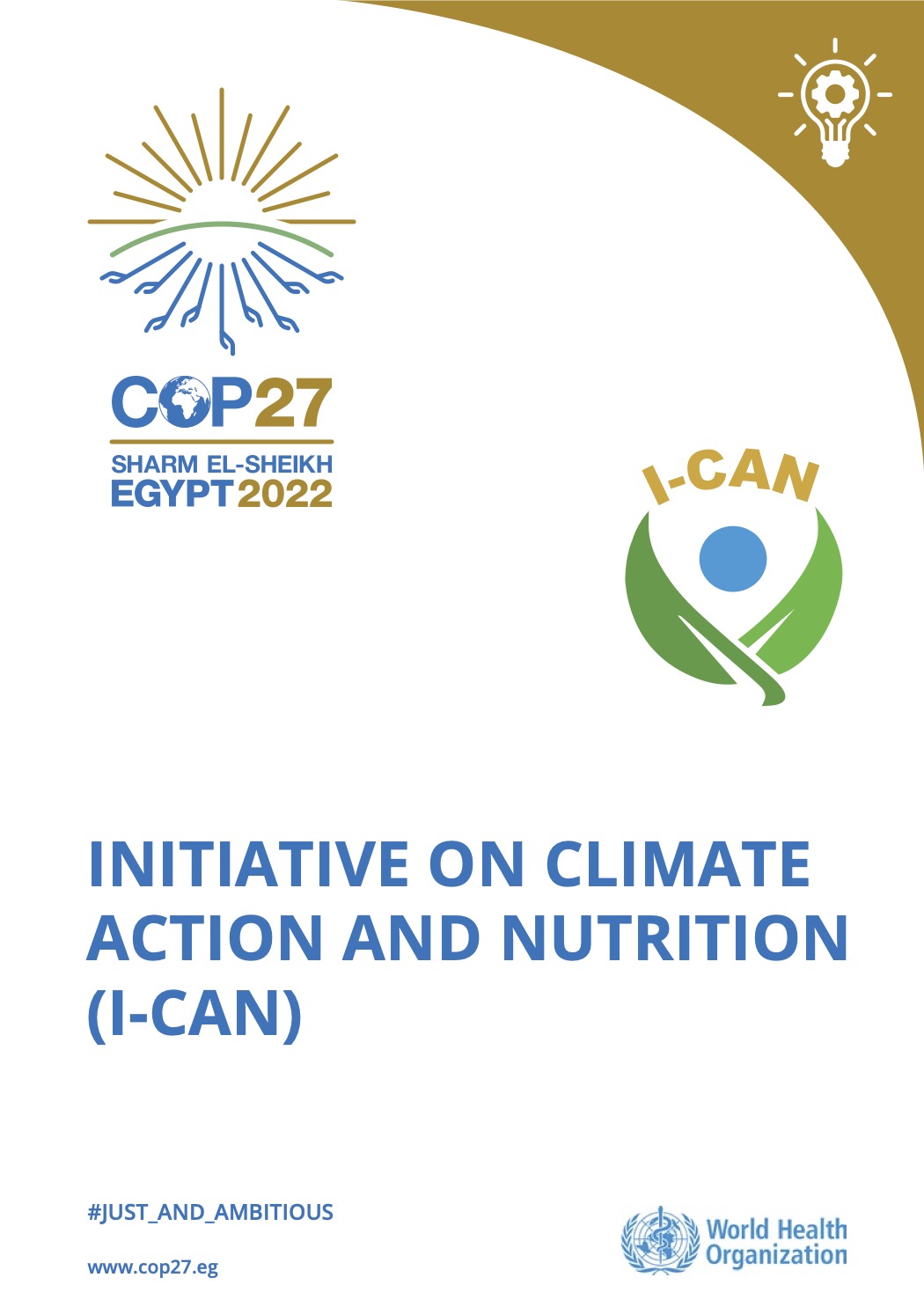World Health Organization (WHO), 2022

Climate action is not scaling up rapidly enough.
Climate change impacts and risks are becoming increasingly complex and more difficult to manage. Simultaneously, the world is facing the complex challenges of hunger and multiple forms of malnutrition, where over 30% of the world’s population is facing micronutrient deficiency, and 828 million people are undernourished, while 676 million are obese. Malnutrition especially affects vulnerable groups including children, women, indigenous peoples, migrants and refugees. Climate change is impacting food, diets, health, social protection, and water/sanitation systems that are fundamental for good nutrition. The impact of climate change further threatens global food security and nutrition through a variety of forces. These include a predicted decline in global crop productivity, a steep increase in food prices — which will impact overall calorie consumption, as well as the nutritional quality of diets, as people shift to cheaper, less nutrient-rich foods — and changes in nutrient levels in some crops.
Furthermore, extreme weather events increase agriculture and food losses. At the same time, the food and diets that we eat have an effect on climate change. Food systems release greenhouse gases (e.g., CO2, methane and nitrous oxides) into the atmosphere directly, drive land-use changes that release additional CO2, and cause reduction of carbon sinks when forests are cleared, wetlands drained and soils are tilled. Dietary choices steer different production systems and result in varied emissions and environmental footprints.
The bidirectional relationship between nutrition and climate change means that sustainable, resilient and healthy diets are a critical link between nutrition and climate change, a prerequisite to good nutrition and a necessary condition for addressing all forms of malnutrition, as well as a driver of sustainable development. A shift towards sustainable, climate resilient, healthy diets would help reduce health and climate change costs by up to US$ 1.3 trillion, while supporting food security in the face of climate change. However, ending hunger and all forms of malnutrition depends not only on food systems but also health, social protection, and WASH systems.
Therefore, climate action positively impacting health and water and sanitation systems can also benefit nutrition, and thus sustainable development, for win-win solutions



